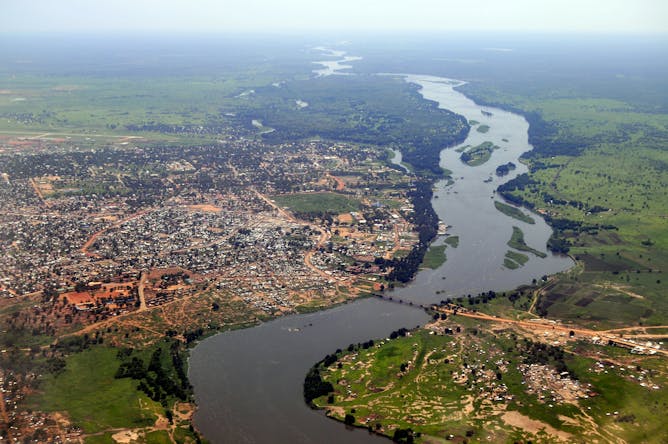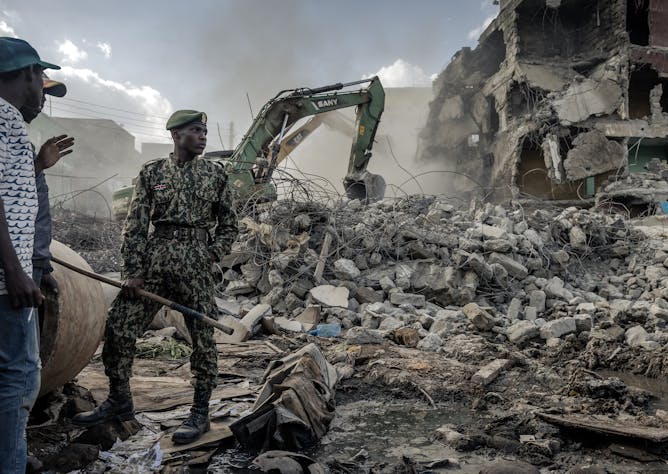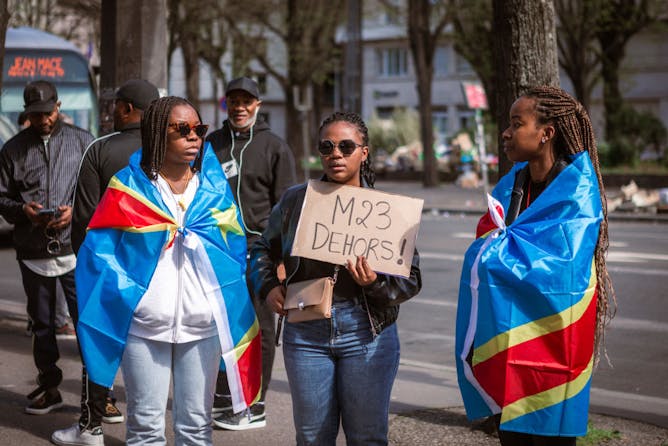|
Much of sub-Saharan Africa provides the precise weather conditions in which mosquitoes and malaria parasites can thrive. That’s why it’s important to understand how changes in the global climate might affect where those conditions exist. Mark Smith and Chris Thomas did just this in a new study, using hydrological (water flow) and other models, to see what the continent's malaria future might look like.
Football teams from northern Africa dominate the continent's inter-club competitions. Eight of the past 10 champions league competitions have been won by teams from North Africa. Esperance of Tunisia and Al Ahly of Egypt are among the most successful. Sports management academic Mahfoud Amara explains the reasons behind their success and what other teams can learn from it.
We publish analysis from researchers with deep knowledge of topics. It’s for their insights that you read and subscribe to The Conversation. So this month we are asking you to please support our work with a donation.
Donate now
|

Mark Smith, University of Leeds; Chris Thomas, University of Lincoln
Mosquito populations can respond quickly to changing climate, which means the location of areas at risk of malaria might change.
|

Mahfoud Amara, Qatar University
African clubs must learn from the success of Al Ahly and Esperance.
|

Louise Du Toit, University of Southampton; Brewsters Caiphas Soyapi, North-West University; Louis Kotzé, North-West University
Indigenous people’s concerns and considerations could provide a strong basis for climate litigation in South Africa.
|

Smith Ouma, University of Manchester
In response to flooding that destroyed homes and displaced thousands in Nairobi’s informal settlements, the government has been evicting people living in riparian areas.
|

Kerstin Bree Carlson, Roskilde University
For the vulnerable millions in eastern DRC, it is not enough that international courts exist.
|
From our international editions
|
-
Amr Algarhi, Sheffield Hallam University; Konstantinos Lagos, Sheffield Hallam University
The UK is now the world’s fourth largest exporter – but there’s more to the figures than meets the eye.
-
Archana Venkatesh, Clemson University
The Indian prime minister made reference to communities that have “too many children” in a veiled reference to Muslims.
-
Luke Rendell, University of St Andrews
It’s certainly an exciting time to study communication in whales and dolphins.
-
Marcia Zilli, University of Oxford; Caio Coelho, Instituto Nacional de Pesquisas Espaciais (Inpe); Neil Hart, University of Oxford
‘Flying rivers’ of moist air from the Amazon combined with a warming planet have the potential to produce more rain, say scientists.
-
Kerry E. Kaylegian, Penn State
Before World War II, pathogens in milk accounted for 1 in 4 cases of foodborne diseases in the US. Pasteurization reduced this figure to less than 1%.
|
|